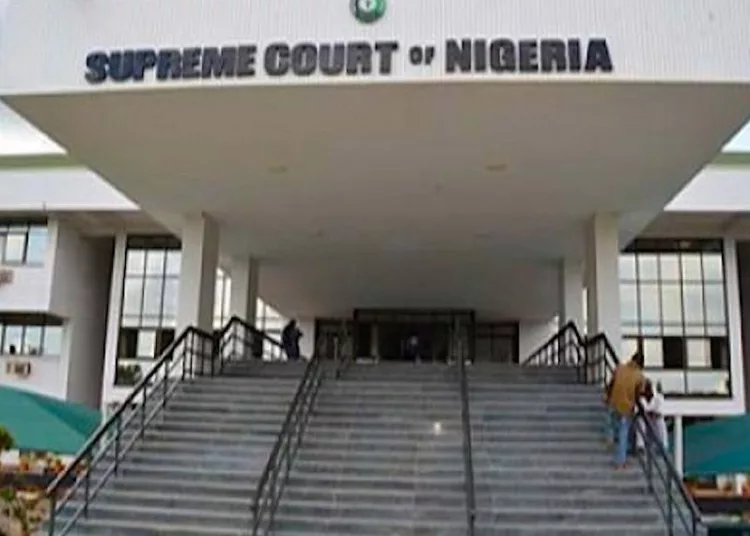
The Supreme Court on Friday dismissed a suit filed by 16 state governments challenging the constitutionality of the laws establishing the Economic and Financial Crimes Commission (EFCC), the Independent Corrupt Practices and Other Related Offences Commission (ICPC), and the Nigerian Financial Intelligence Unit (NFIU).
The states had argued that the laws, particularly the EFCC Act, were not properly enacted, citing a failure to comply with constitutional provisions requiring ratification by state Houses of Assembly for international treaties. However, in a unanimous ruling, the seven-member panel of justices, led by Justice Uwani Abba-Aji, held that the laws were constitutionally valid and within the National Assembly’s legislative competence.
Justice Abba-Aji rejected the plaintiffs’ argument that the EFCC Act, derived from a UN convention against corruption, required state-level ratification, ruling that the law stemmed from a convention, not a treaty, and did not require ratification by state assemblies. The judgment emphasized that conventions only come into force when agreed upon by a larger number of nations, and the National Assembly could lawfully legislate based on such conventions.
The court further clarified that the National Assembly’s enactments, including laws on corruption and money laundering, are binding on all states, and no state has the authority to legislate in competition with federal law. The suit was dismissed in its entirety, with the justices agreeing that the plaintiffs’ claims lacked merit.
The decision also addressed procedural issues, ruling that the Attorney-General of the Federation (AGF) was the proper party to be sued, as the suit concerned a legal dispute between the federal government and the states.
In response, Kogi State’s counsel, Abdulwahab Mohammed, SAN, expressed gratitude for the court’s ruling, while the AGF’s representative, Rotimi Oyedepo, SAN, welcomed the decision as a resolution of the legality of anti-corruption agencies in Nigeria.






